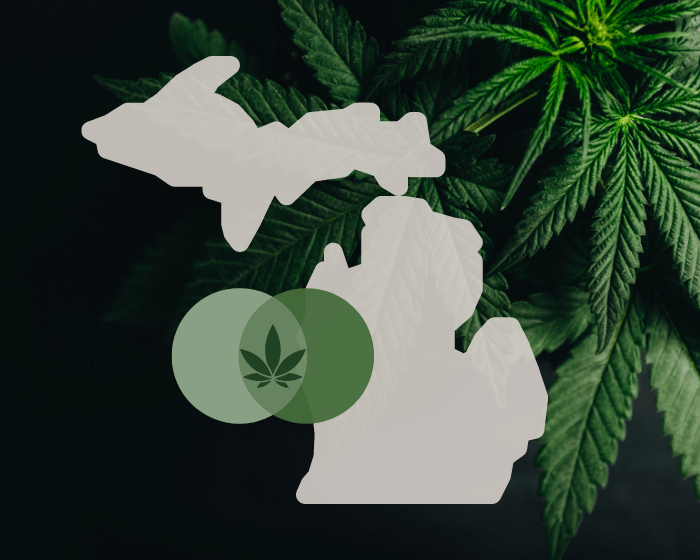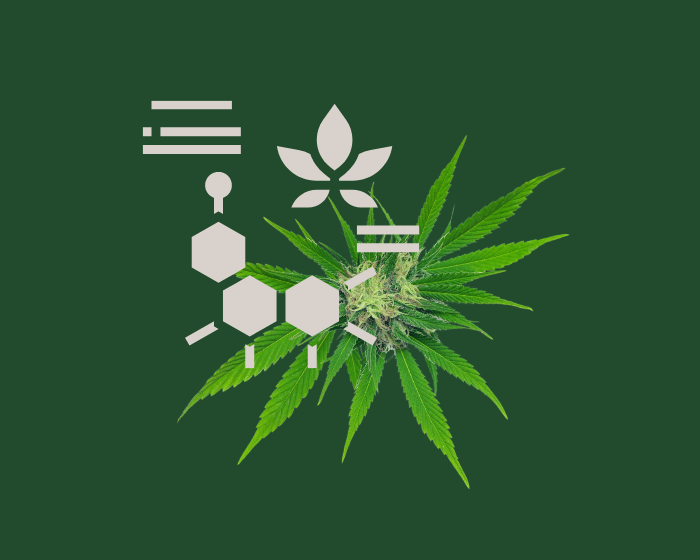State’s Cannabinoid Product Board takes stance against delta-8

A bill introduced to Utah lawmakers this week would expand the state’s medical program while removing delta-8 THC products from the market, reports Salt Lake City news station Fox 13.
The bill would also allow midwives to recommend cannabis, allow terminally-ill patients access to medical cannabis, and create new labeling requirements.
Senate Bill 190 was introduced Feb. 9 by Senate Majority Leader Evan Vickers (R-Cedar City). The bill revises existing definitions so that delta-8 and other THC isomers count toward a 0.3 percent THC limit in hemp products.
Delta-8 THC occurs naturally in cannabis plants at trace levels. But the delta-8 you’ll find in stores is first extracted as CBD from hemp plants, then chemically altered to create the delta-8 molecule. Unlike delta-9 THC (the molecule that made cannabis famous), it’s not explicitly illegal.
"Somebody’s always pushing the envelope," Senator Vickers told Fox 13. "That’s kind of what’s happened. That envelope is being pushed so we’re trying to rein it back in.”
Under this bill, any THC isomer — delta-10, THC-O, you name it — would count toward the overall THC limit. Nonintoxicating cannabinoids like CBD would not be affected.
Utah groups have mixed views on the measure. According to Fox 13, Together for Responsible Use and Cannabis Advocates (TRUCE) supports the new law, while the Utah Patients Coalition has opted to stand on the side of delta-8.
Cannabinoid Product Board takes stance against delta-8
Utah’s Cannabinoid Product Board has taken a stance against what it called “synthesized cannabinoids” including delta-8 THC, reports KUER, a listener-supported radio station broadcasting from Salt Lake City.
The Cannabis Product Board is a state agency that reviews medical and scientific research to develop guidelines for medical providers recommending cannabinoid products to patients. Though not a policy-making body, the Cannabinoid Product Board reportedly holds sway with lawmakers.
“After listening to researchers and reviewing literature on the matter, the Utah Cannabinoid Product Board voted unanimously to take a stance against analog cannabinoids Tuesday,” reported Ivana Martinez for KUER.
Board Chair Perry Fine said the decision was based on evaluation of the risks versus potential benefits.
“At this time, there is no evidence of therapeutic benefit of the analog derived synthesized cannabinoids, [including] delta-8 THC,” Dr. Fine told KUER. “Risks have been described by federal regulatory bodies and peer reviewed publications regarding delta-8 THC,” Fine said. “At this time, we do not support any therapeutic uses of analog cannabis products.”
Rich Oborn, director of the Center for Medical Cannabis for the Utah Department of Health, said lawmakers would be the ones to decide policy changes, but that the board’s stance would be influential.
“I think the board and its recommendations do hold a lot of value in policy, and we would hope that they would continue to be considered as a factor in decisions that the policymakers make,” he said.
A National Shift?
Recently-proposed revisions to the federal Farm Bill could have a similar impact to Utah's SB 190 — but on a national scale.
The Hemp Advancement Act, introduced to Congress Feb. 8, revises language from the 2018 Farm Bill that limited delta-9 THC specifically. If passed, it could end legal sales of delta-8 gummies, vapes, and other hemp-derived THC products across the U.S.








































